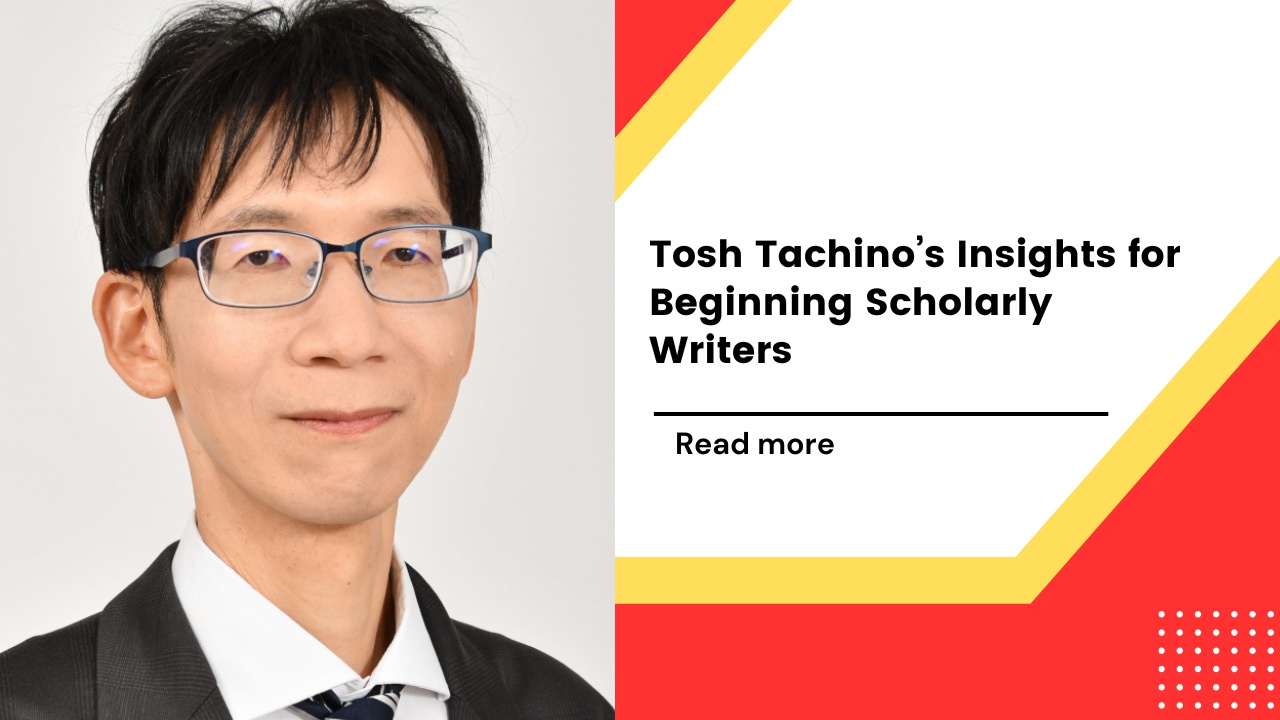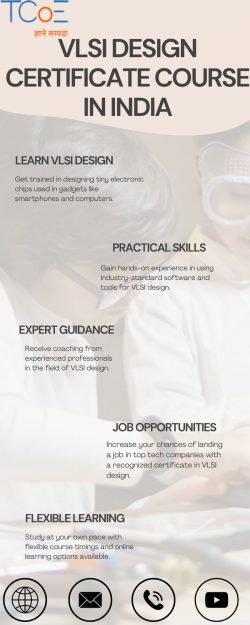Tosh Tachino’s Insights for Beginning Scholarly Writers
By Tosh Tachino, Ph.D.
Academic writing can often feel like a daunting endeavor, especially for those transitioning from school writing to scholarly writing. Unlike school essays, academic publications demand a different approach, one that is reader-centered and contributes meaningfully to the field. Here are some practical tips for aspiring scholarly writers.
Understand Your Audience
In school writing, your audience is typically your instructor, who is obligated to read your work to assess your knowledge and knows your topic more than you do. In contrast, the audience of scholarly writing is other scholars who are not obligated to read your work. Their motive is to obtain relevant information they don’t know for their purposes. So your writing must contain useful information for them and serve their purposes. The point of scholarly writing is not to impress your reader with your knowledge (to get an “A”) but to provide useful information that advances the field.
Shift Your Focus
Moving from school writing to scholarly writing involves several key shifts:
From Writer-Centered to Reader-Centered: It is no longer about your learning. Focus on how to be useful to your readers.
From Synthesizing to Creating Knowledge: You are no longer just reading other people’s research and summarizing for an academic exercise. You are now producing your own new knowledge that relates to other people’s research.
From an Observer to a Participant: The work cited is no longer a list of random names. They are now people you actually speak with, and they will talk back to you.
Emphasize the news value of your research. What is new and non-trivial about your findings? How does your work advance scholarly conversations?
Become Familiar with Your Field
To make a significant contribution, you need to:
Know the Current Conversation: Stay updated with the latest research and discussions in your field.
Identify Knowledge Gaps: Know what people in the field want to know but don’t yet know.
Make Timely Contributions: Certain topics have been discussed to death already. Make sure your research addresses these gaps and contributes to the present scholarly debates.
Regularly read key journals and attend conferences to stay informed about current trends and gaps in your field.
Use Textual Features Meaningfully
Student papers and scholarly papers share many textual features. But the meaning of these textual features are different in scholarly writing.
Organization & Formatting: They are no longer about arbitrary requirements. The expected organization and formatting in the field help readers find information easily without reading the entire article.
Jargon: They allow you to be precise and concise.
Boosters & Hedges: They are not about your personal confidence, but they allow you to manage nuanced knowledge claims.
Citations: Who you cite and how you cite tell a lot about who you are as a scholar, including your theoretical allegiance, your relationship with other scholars, and your position within the field.
Reflect on these familiar features and know why you are using these textual features the way you are using.
Final Remarks
Transitioning to scholarly writing requires a shift in mindset and approach. By focusing on your readers, engaging with current scholarly conversations, and using the textual features reflexively, you can write an academic article that makes a meaningful contribution to your field.
Best of luck with your academic writing endeavors!
About the Author:
Tosh Tachino is a university lecturer and a language and communication consultant. He has taught and tutored many students and clients of all levels to achieve their goals in academic English. His previous work appeared in Journal of Applied Linguistics and Professional Practice, Text & Talk, Written Communication, Inkshed, Winnipeg Free Press, among others.





















































